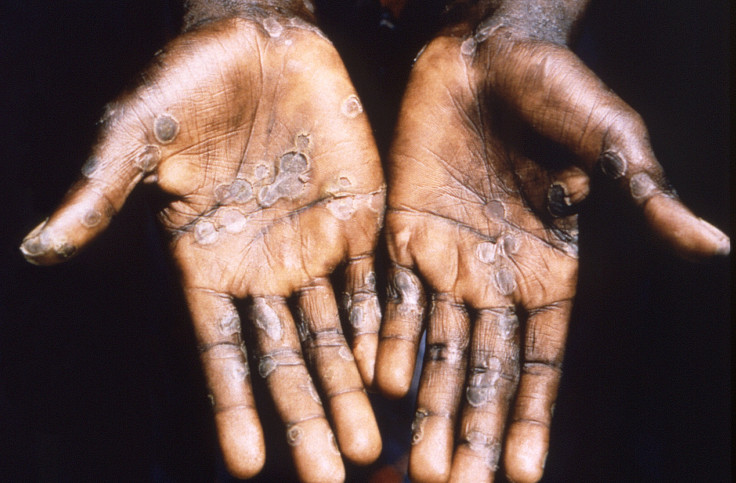WHO Says Mpox Outbreak Is Over But Chicago Is Seeing A Spike In Cases

The outbreak caused by mpox - formerly called monkeypox - is declared officially over by the World Health Organization (WHO). But Chicago appears to be experiencing a different thing.
At the fifth meeting of the International Health Regulations Emergency Committee regarding the multi-country outbreak of mpox on Wednesday, the organization formally announced that mpox could no longer be considered a public health emergency of international concern.
During the meeting, WHO Director-General Tedros Adhanom Ghebreyesus proudly noted a sustained decline in global cases, with an almost 90% decline in the past three months. He admitted that the virus continues to transmit in some places, but there's been a downward trend overall.
Even though mpox is no longer considered a public health emergency, Ghebreyesus stressed the importance of maintaining surveillance and response capacities. He also encouraged countries to continue integrating mpox prevention and care into their national health programs to prevent future outbreaks.
Interestingly, around the same time as the announcement, Howard Brown Health, an LGBTQ-focused clinic, issued a warning after diagnosing eight new mpox cases since mid-April in Chicago. All of the newly diagnosed patients were gay or bisexual men.
"Previously, before this point, for about the last 12 weeks, there had actually been no new reported cases in Chicago," Howard Brown Health's Wren O'Kelley told ABC 7.
"We're just trying to drive awareness and for people to have an eye out and take preventative steps that they might not think apply to them," O'Kelley added after sharing that more people inquired about screening and vaccination since they publicly reported the spike in cases last Friday.
In response to the mpox resurgence in Chicago, the Centers for Disease Control and Prevention (CDC) said it would look into a potential cluster of mpox cases in the area to help contain the situation.
"A cluster of mpox cases have been reported in the Chicago area, which means the virus is still spreading, and we need to continue to be alert. More than 50% of cases in the cluster have been in people who have been previously vaccinated," the CDC said in a statement posted on its website.
Last month, the CDC warned that a new wave of mpox transmissions could happen later this year, saying many places in the U.S. are at risk of witnessing a resurgence of the virus or new outbreaks due to the lack of effort to vaccinate high-risk people.



























